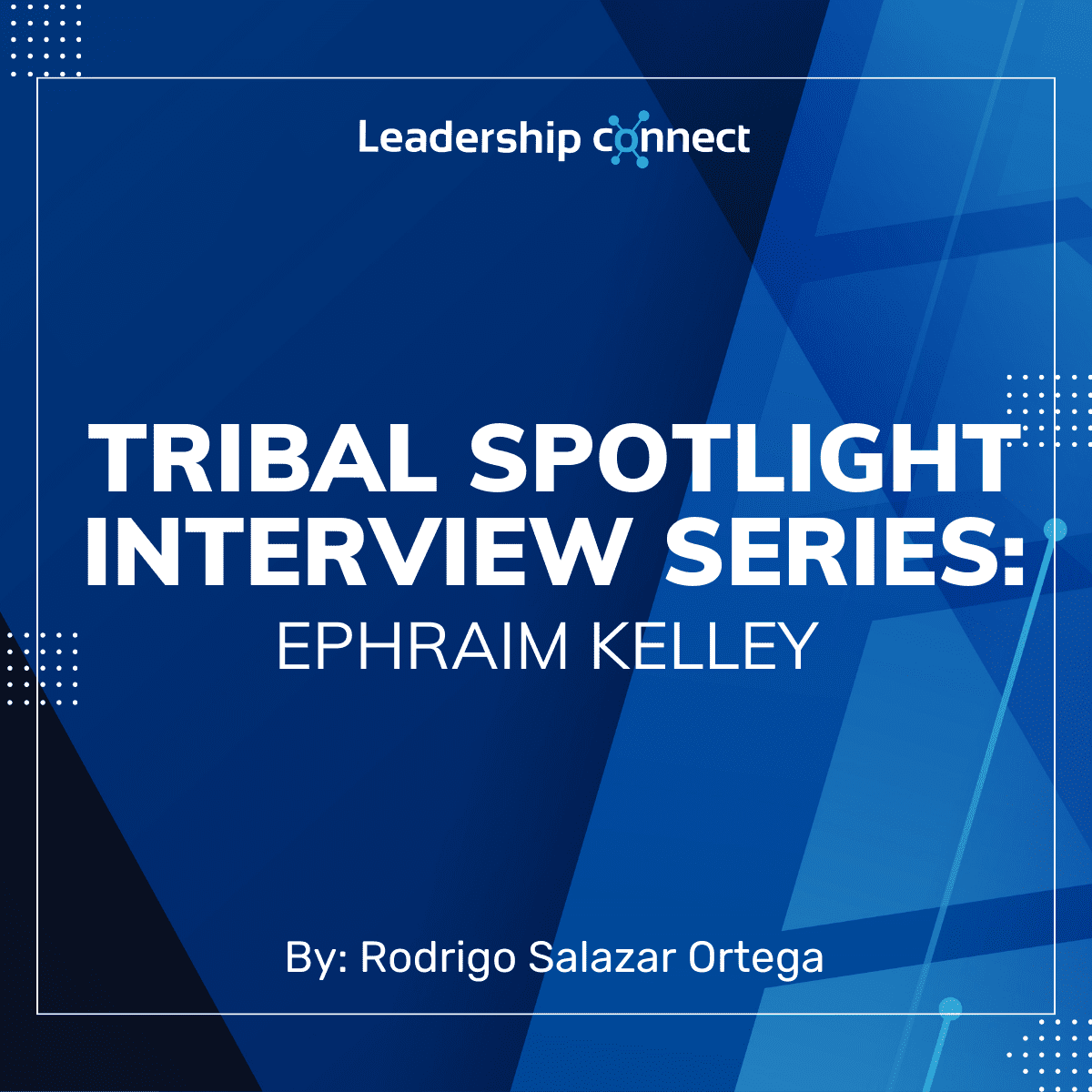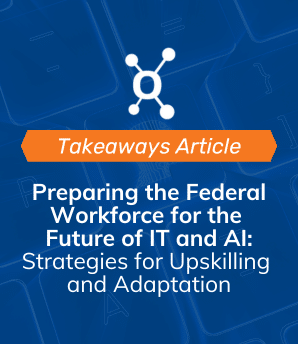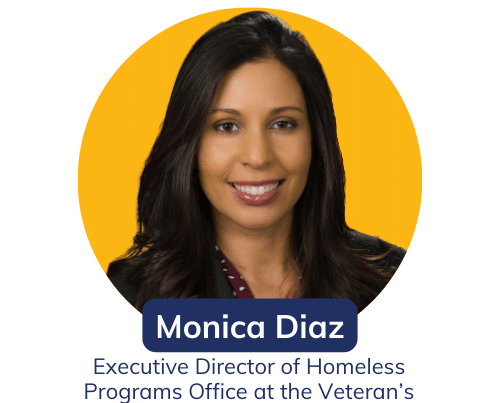Last week I interviewed Ephraim Kelley, Director of Natural Resources at the Kiowa Tribe of Oklahoma.
Can you tell me about your career path that has led you to where you are now?
I graduated with a psychology bachelor’s degree in 2012. After college I started working on social services, specifically child welfare. I did that for a few years for different tribes and over time I kept running into the same situation of tribes not having enough revenue to serve their own people. It taught me the importance of sovereignty. Tribal nations need to strive for sustainability and not solely rely on the United States Government. I wanted to help advocate for getting the revenue needed for citizens and therefore left to work in land management to find opportunities for revenue outside of gaming for tribes. I then decided to branch out and start my own company as a liaison for companies working with tribes in economic development. In 2022 I returned to my tribe, the Kiowa tribe of Oklahoma, to work on land management. Through my experiences I had a clear idea on how tribes can use their own resources for revenue generation and job creation. Under chairman Lawrence SpottedBird, I started working on natural resource programs in 2023 working with EPA and DOE on grants for capacity building for land management, energy infrastructure, and farming and ranch programs. The goal is to use these programs to create LLCs and companies for the future sustainability of the tribe.
How did you become passionate about the intersection of tech, government, and tribal communities, and how do you stay informed and engaged in those areas?
It truly upset me that we could not serve tribal people at times. There was a lot of hopelessness, and tribes could not be proactive in solving their problems. Poverty is such a big problem for a lot of tribes, and it is a mindset. I wanted to break that cycle coming from trauma. It is the same human process of feeling worthy. I want to get to a point where services are provided to break the cycle, solving the problem at its root, instead of just putting out fires.
I stay informed by seeing these problems every day within my tribe. I am living it and I have the background that people are not necessarily seeing. Working for a tribe allows me to stay in touch with government resenting opportunities and it is important for me to find which opportunities are most important strategically. I stay active on LinkedIn, letting me see what is going on with companies interested in working with tribes and government agencies. Finally, Leadership Connect has allowed me to find who I need to get in contact with and communicate with the people in the space.
What do you believe sets Tribal Government Relations apart as a unique work environment, and how do you navigate its challenges in your everyday work?
Typically, companies trying to work with the federal government operate very differently than the way they need to be effective when it comes to working with tribal nations. Communication is key to having both sides understand each other. Recently a company wanted to work with the tribes and wanted to sign an NDA, giving away some sovereign immunity and neither side could understand why the other was unwilling to move forward. We needed to find a middle point to work together to push for growth. Many governmental departments hire officials to work with tribes and many times these individuals do not understand tribal contexts. It is crucial to communicate and invest more in understanding tribes instead of having tribes understand them. We are seeing change in that within the structure of programs fitting tribal needs.
Describe a challenging or rewarding project that significantly influenced your growth as a professional. How did you handle the challenge, and what did you learn from the experience?
One of the most challenging things I do is working with tribes getting them to understand revenue generation opportunities outside of the gaming industry. It is a fear of the unknown. Gaming is understood by a lot of people and venturing outside of that makes them feel unsafe. It all goes back to that mentality and attitude. The most rewarding thing has been working with my tribe, coming home to work for my people and having a new leader with a similar vision who is supporting what I do. I find it rewarding to see growth and prove that this is the right way to go and be a part of it.
What advice would you give to someone navigating how to bridge the gap between traditional practices and modern governance structures?
Patience is number one. Tribal governments are slow, all governments are, making communication and persistence keys to success. Know what you’re offering and how it is going to pay off for all sides. Finally, hold your integrity and understand that change is inevitable.
Word Association, what is the first word that comes to mind for each of there?
- Policy – Structure
- Networking – Name of the game
- Communications – Key to success
- Leadership Connect – Extremely useful resource. Phenomenal platform that builds networking and communications






